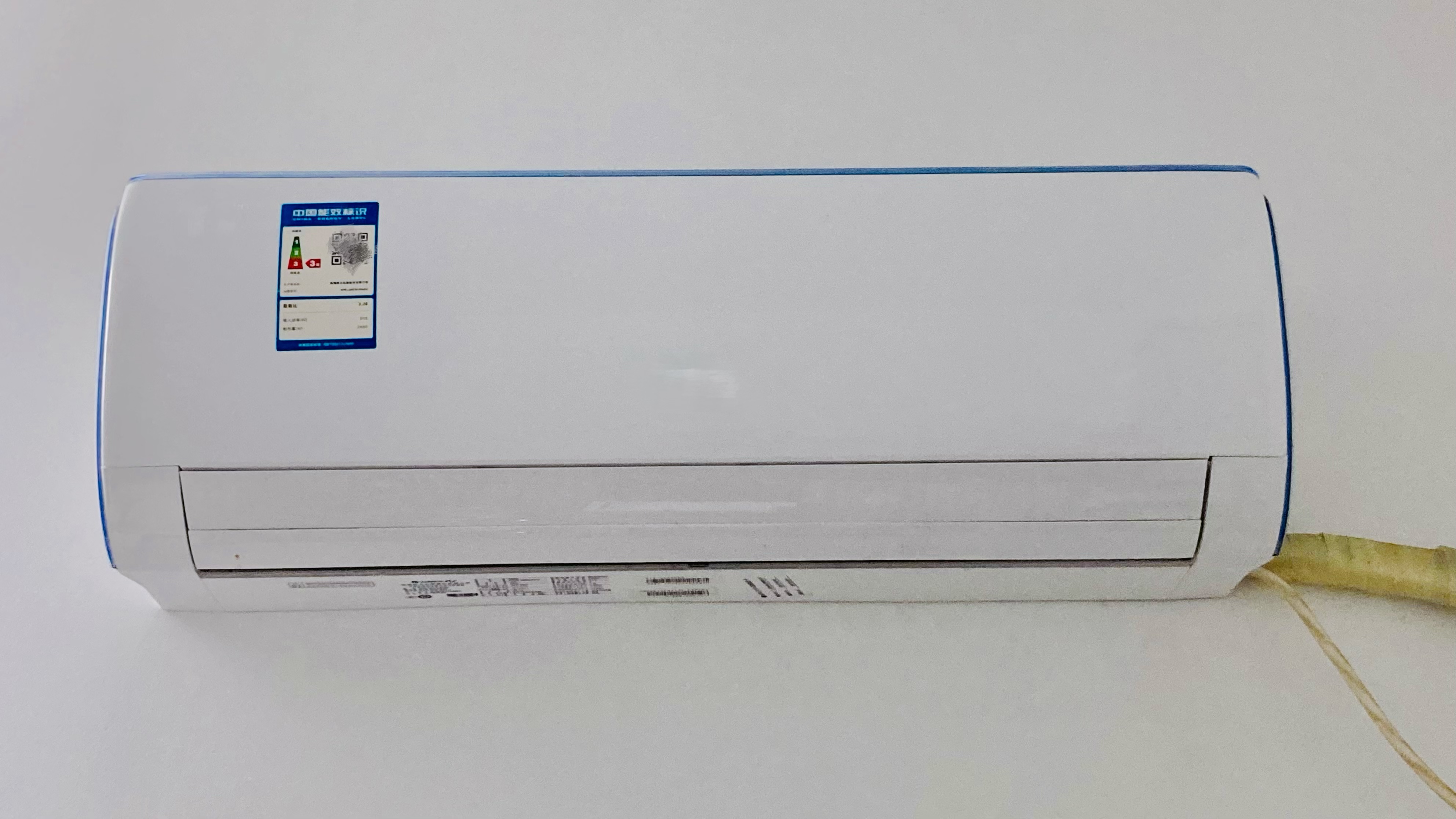Recently, Mr. Zhou, who returned to Guangzhou after a business trip, suffered recurrent high fever, highest at 39.2°C (about 103°F), accompanied by cough, phlegm, hemoptysis, and short breaths. He was in a bad condition when admitted to the hospital.
After running a series of examinations, Cui Haiyan, an associate chief physician of the Department of Respiratory Medicine in the Third Affiliated Hospital of Southern Medical University, found a bacterium called Legionella pneumophila (L. pneumophila) in both Zhou’s broncho-alveolar lavage fluid and blood.

(Photo: GDToday)
What is L. pneumophila?
According to Cui, Legionella was first identified at the 1976 American Legion Convention. L. pneumophila is one of the most common subtypes of Legionella, causing about 90 percent of the cases of Legionnaires' disease.
Once infected with Legionella, one may develop rapidly progressive pneumonia, which leads to worse conditions. Patients often have symptoms including fever, cough, phlegm, and breathing difficulties. They may also have headaches, muscle pain, diarrhea, and delirium. Shock or death occurs in severe cases.
L. pneumophila is hiding around us. It is widely distributed in warm and humid environments, like summer in Guangdong, where June to September is the annual peak season for Legionnaires' disease.
Cui said that it’s difficult to detect Legionella in regular labs. As a result, the diagnosis of the disease may be delayed or even mistaken, holding back the prognosis of the patients. Luckily, with the pathogen being detected early and immediate treatment, Mr. Zhou was discharged from the hospital in a week.
How should we prevent Legionnaires’ disease?
“L. pneumophila grows in warm and moist environments. It can reproduce in air conditioners, water heaters, showers, pipes, or hot springs,” said Cui. Most patients have a travel history before getting sick, so it might be related to the hotel's air conditioner or shower system. Cui also suggests:
Give your air conditioner a thorough cleaning and disinfection before using it;
Open your windows to keep the room ventilated after using the air conditioner for a long time;
Clean and disinfect your faucets and showers that are less used or unused for a long time.
Author | Teria Wang (intern), Hannah
Editor | Olivia, Jasmine, James
















